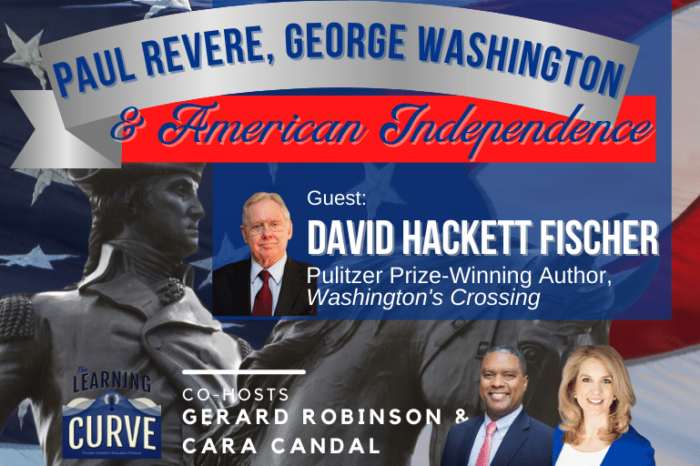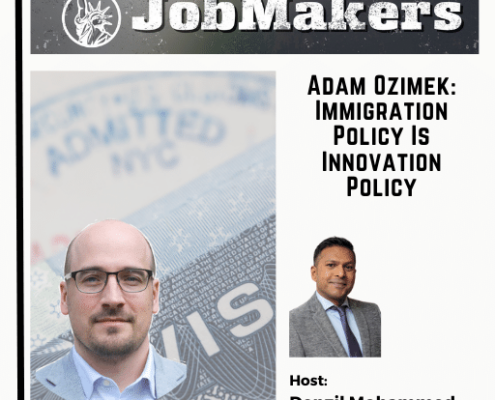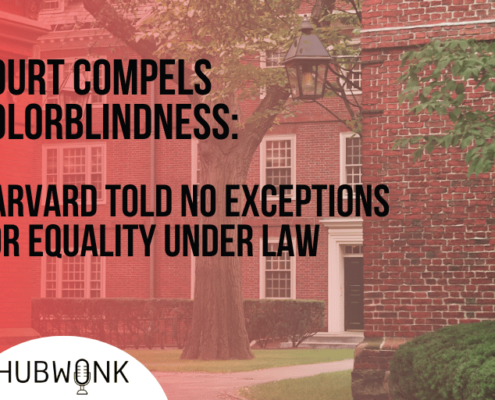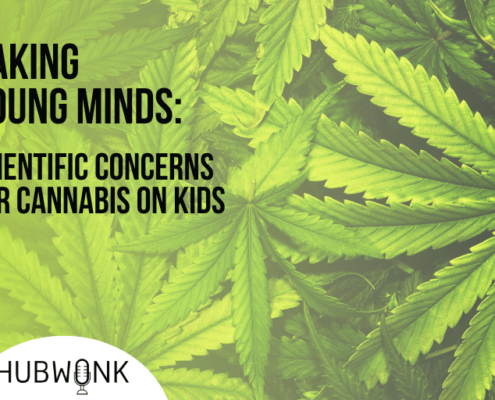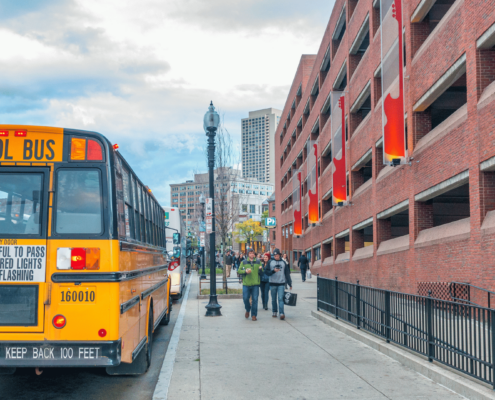Pulitzer Prize-Winning Prof. David Hackett Fischer on Paul Revere, George Washington, & American Independence
This week on “The Learning Curve,” co-hosts Gerard Robinson and Cara Candal talk with David Hackett Fischer, University Professor and Earl Warren Professor of History Emeritus at Brandeis University, and the author of numerous books, including Paul Revere’s Ride and the Pulitzer Prize-winning Washington’s Crossing. As America prepares to celebrate the Fourth of July, they review key figures who helped secure independence from Great Britain, including Paul Revere, immortalized in Longfellow’s classic poem, and Founding Father George Washington, known among his contemporaries as the “indispensable man” of the revolutionary cause. Fischer sets the scene for the famous midnight ride, describing what students should know about colonial Boston, and why the British Empire posed such an existential threat to the colonists’ understanding of their rights and liberties as Englishmen. The conversation turns to the lessons teachers and young people today should learn about George Washington’s character, weaknesses, and military leadership during the colonists’ improbable victory against the most powerful empire in the world at that time. He also offers a preview of his forthcoming book, African Founders.
Stories of the Week: In New Jersey, the state’s Supreme Court upheld a lower court decision allowing expansion of seven Newark charter schools approved by the education commissioner, clearing the path for charters to serve thousands more students. In Massachusetts, the education commissioner is under fire from the state’s congressional delegation for proposing to temporarily freeze $400 million in Elementary and Secondary School Emergency Relief (ESSER) funding earmarked for Boston Public Schools, due to concerns related to the Boston School Committee, which has experienced a string of resignations in the past year.
Guest:
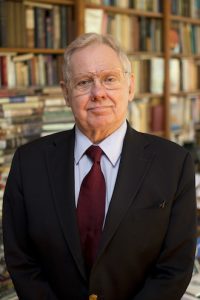 David Hackett Fischer is University Professor and Earl Warren Professor of History Emeritus at Brandeis University. His works focus not only on great individuals, but also on the societies and people behind the wider movements that informed those individuals’ accomplishments. Fischer has authored several books, including Albion’s Seed: Four British Folkways in America (1989); the groundbreaking Paul Revere’s Ride (1994); and Washington’s Crossing (2004), a study of the American Revolution with special focus on George Washington’s 1776 crossing of the Delaware River. It became a popular best seller and won the 2005 Pulitzer Prize for history. He also wrote a well-regarded work on French explorer Samuel de Champlain, Champlain’s Dream (2008). In 1990, Professor Fischer was awarded the Louis Dembitz Brandeis Prize for Excellence in Teaching and was named Massachusetts Professor of the Year by the Carnegie Foundation for the Advancement of Teaching. He became a fellow of the American Academy of Arts and Sciences in 1995. In 2015, he won the Pritzker Military Museum & Library Literature Award for Lifetime Achievement in Military Writing. Fischer earned a bachelor’s degree from Princeton University and a Ph.D. in history from Johns Hopkins University.
David Hackett Fischer is University Professor and Earl Warren Professor of History Emeritus at Brandeis University. His works focus not only on great individuals, but also on the societies and people behind the wider movements that informed those individuals’ accomplishments. Fischer has authored several books, including Albion’s Seed: Four British Folkways in America (1989); the groundbreaking Paul Revere’s Ride (1994); and Washington’s Crossing (2004), a study of the American Revolution with special focus on George Washington’s 1776 crossing of the Delaware River. It became a popular best seller and won the 2005 Pulitzer Prize for history. He also wrote a well-regarded work on French explorer Samuel de Champlain, Champlain’s Dream (2008). In 1990, Professor Fischer was awarded the Louis Dembitz Brandeis Prize for Excellence in Teaching and was named Massachusetts Professor of the Year by the Carnegie Foundation for the Advancement of Teaching. He became a fellow of the American Academy of Arts and Sciences in 1995. In 2015, he won the Pritzker Military Museum & Library Literature Award for Lifetime Achievement in Military Writing. Fischer earned a bachelor’s degree from Princeton University and a Ph.D. in history from Johns Hopkins University.
The next episode will air on Wednesday, July 7th, 2021 at 12 pm ET with guest, Susan Patrick, the President and CEO of Aurora Institute and co-founder of CompetencyWorks.
Tweet of the Week:
A growing proportion of 4th and 8th graders read at the lowest level on national tests. Experts are working to understand why.https://t.co/tgvhsilNzj
— Education Week (@educationweek) June 28, 2021
News Links:
WSJ e-board: Surprise: Education Wins in Newark – The New Jersey Supreme Court upholds charter expansions.
https://www.wsj.com/articles/surprise-education-wins-in-newark-11624486775
Massachusetts delegation goes after Jeff Riley on funding for Boston Schools
Get new episodes of The Learning Curve in your inbox!

